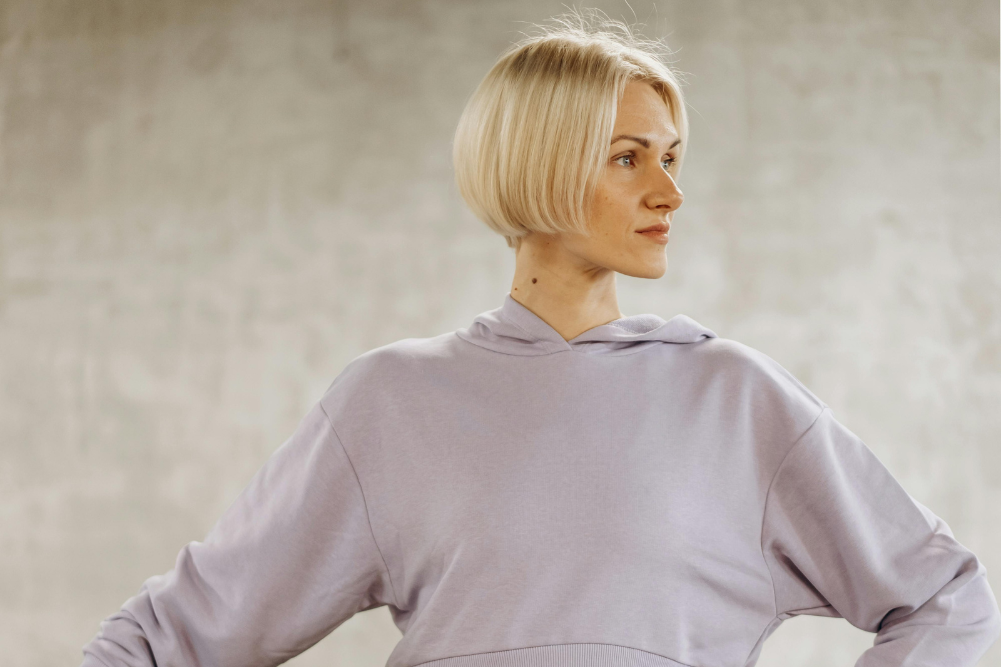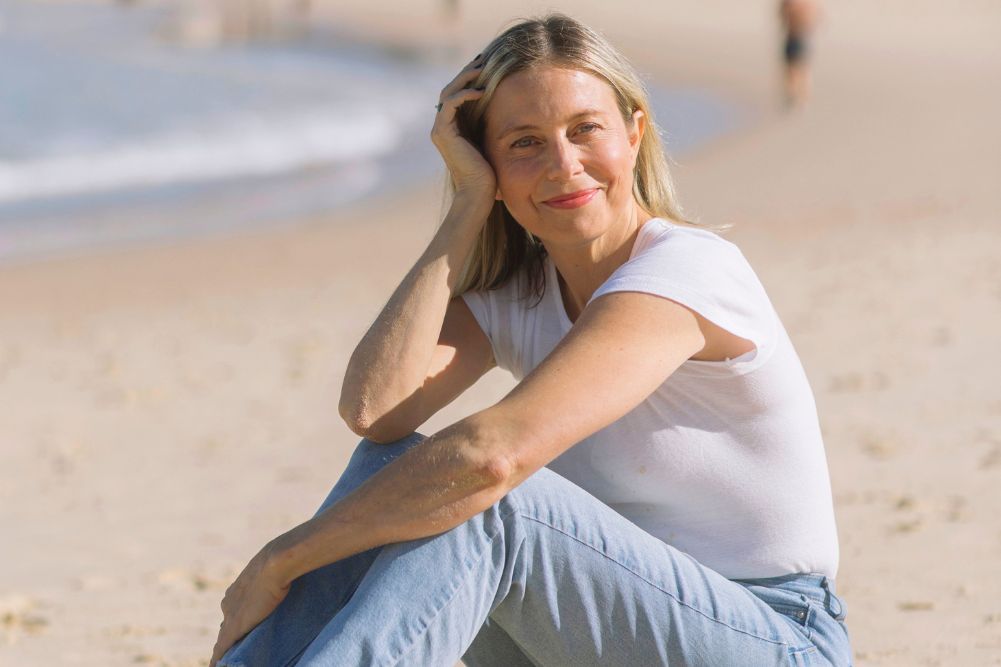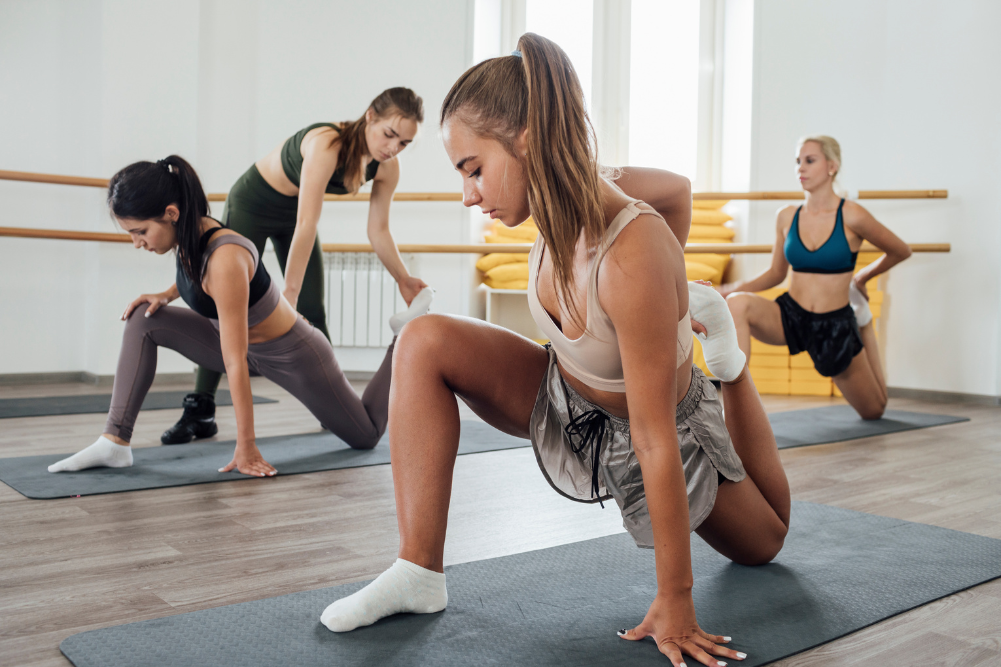Flexibility in exercise for new mums is best
The last thing that a new mum wants to do is exercise after giving birth to her baby.
Even though she knows that exercise is good for her health and mental wellbeing, new mums are usually ridden with guilt on doing something for themselves or they prioritize taking care of their baby above anything else.
To encourage new mums to start exercising, researchers suggest that a flexible approach is much better than a strict exercise regime.
After several weeks of giving birth, when a new mum is ready to incorporate the benefits of exercise into her life, it is usually a flexible approach which will encourage her to do so along with some support.
By building confidence in planning around barriers is one way that new mums can successfully balance the demands of motherhood and exercise.
In an intervention study, researchers conducted workshops with new mums who had given birth six weeks to 12 months earlier and discussed strategies to start including physical activity. All mothers wore accelerometers to measure their activity before the workshop, immediately after the workshop am six months later. The researchers also measured the mothers’ perceived barrier to exercise.
In the workshop the researchers, talked about guilt that mothers experience and the idea that doing something for themselves was not selfish and that doing something for themselves might actually help them be patient and have more energy.
The researchers divided 49 women into 2 groups and they attended three workshops that provided exercise recommendation and taught self-regulatory skills.
One group of women got general advice to increase activity, help with barriers to exercise and were asked to choose an exercise they like including working out with their babies. The second group got the same advice but were not given a choice in the type of physical activity.
Instead they were asked to participate in a regimented running program that is designed to help sedentary individuals to gradually increase running with 30 minutes of exercise three times week.
The researchers found that new mums in the flexible group increased their physical activity slightly more than the other group with a strict exercise regime, over six months. However all the mums became more proficient at planning exercise into their lives.
The study shows that time and type of exercise seem to be one of the main barriers to exercise for new mums and that is why the flexibility approach has shown slightly prolonged physical activity.
For example some people hate running and this was not changed in this program. So the type of exercise is one barrier. But researchers found that many mothers said that it was difficult for them to find a block of 30 mins to exercise making time another barrier.
The researchers recommend that by building confidence in planning around barriers is one way that new mums can successfully balance the demands of motherhood and exercise. So if she is unable to go for a walk in the morning due to a late night, a new mum can incorporate a backup plan like a noon time walk.
The researchers also concluded that exercise should not be something that the person hates and by giving them a choice in the flexible group, participants were able to achieve more as they enjoyed the activity. In the flexible group researchers discussed that if a mother cannot find a block of 30 minutes; they can break an activity into three 10 minute sessions instead of one 30 minute session.
The study educates new mums that by changing their mindset that every activity counts they can achieve their quota of physical activity through various chunks of activity. Researchers also advised moms in the flexible group to set realistic measurable goals.
Its seems that when a new mum is ready to start exercising, the flexible approach is the best way to ease into it as it helps deal with several barriers to exercise and helps alleviate any stress associated with lack of time, type of exercise and guilt.
Besides by modelling healthy behaviours towards exercise and talking positively about it, mothers will help children have a healthy view about exercise in the long run.
Source: Journal of Health Psychology








